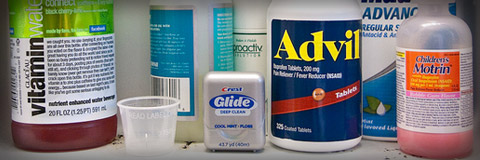Application forms for health cards are obtainable from clinics and from the Ministry of Health (PO Box 1853, Dubai, Tel. 971 (4) 3966000). Completed forms should be returned to the Rashid Hospital, with two passport photographs, your passport, two photocopies of your passport, a copy of your visa (employment or residency) and the appropriate fee. If you arrived on a visit visa, you can obtain an employment or residency visa either by exciting and reentering the UAE, or by paying a fee to the Immigration Department.
Expatriate workers tend to choose private treatment if they’re covered by the necessary medical insurance – private care can be very expensive. In a country where the majority of the population comes from the Indian sub-continent, many private clinics are run by doctors from that region. Costs at these clinics are reasonable, but westerners are usually required to pay more than non-westerners, who generally earn less.
There’s a large number of international companies specialising in private health insurance in Dubai and elsewhere. Comprehensive health insurance costs from around AED180 ($50) per month for regional coverage. However, price shouldn’t be your only consideration when comparing policies, and you should also consider the benefits of different policies.
As with all insurance, when taking out a health insurance policy do some homework and check the small print, particularly regarding what is and isn’t covered.
All policies include limitations and restrictions; for example, ‘pre-existing’ medical conditions are unlikely to be covered, certain occupations are often excluded or attract surcharges, and high-risk sports aren’t usually covered, although the definition of ‘high risk’ does vary from one insurer to another. Many companies also limit costs for a particular treatment within a calendar year, in addition to having an overall annual limit for all treatment. Be suspicious of
policies that restrict the number of days that you’re allowed to spend in hospital.
There might be an upper age limit on acceptance for a scheme and, if you’re offered a private health policy that terminates at retirement, it would be wise to avoid it; if you’re forced to obtain a new policy at the age limit, it will be very difficult to find one at a reasonable premium – perhaps at all. Note that some companies terminate your policy at the end of the stipulated period if they believe that the costs they’ve incurred have become too high. If you’re purchasing an international policy, note also that some policies exclude cover in the USA, owing to high medical charges there. You can often pay to have different areas or types of cover added, but it might be expensive to do so.
Bear in mind that insurance companies can be very particular about their claim forms and are strict about them being filled out fully by the relevant doctor or dentist. Many medical professionals understandably find this tedious, but you must insist that it’s done to order.

No comments:
Post a Comment